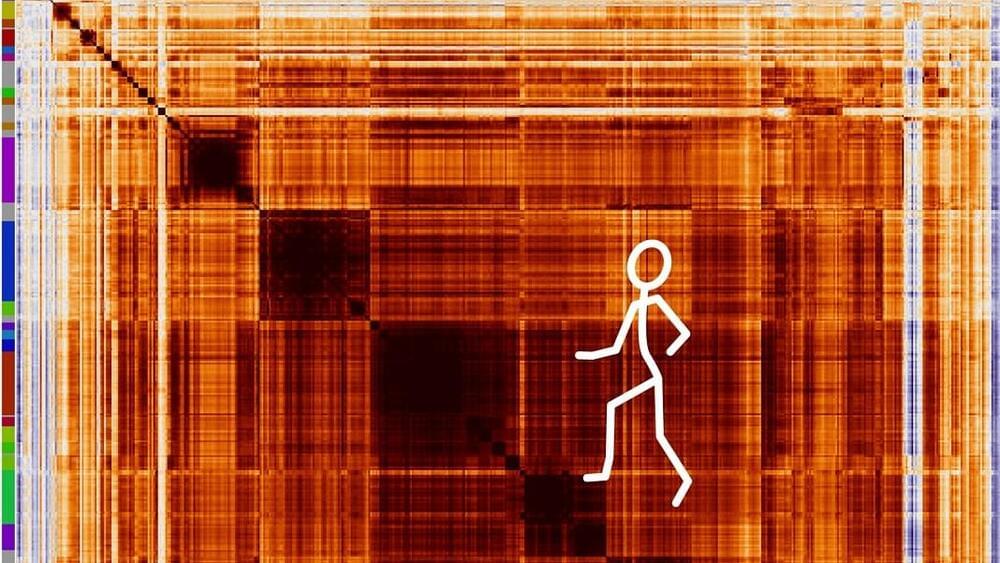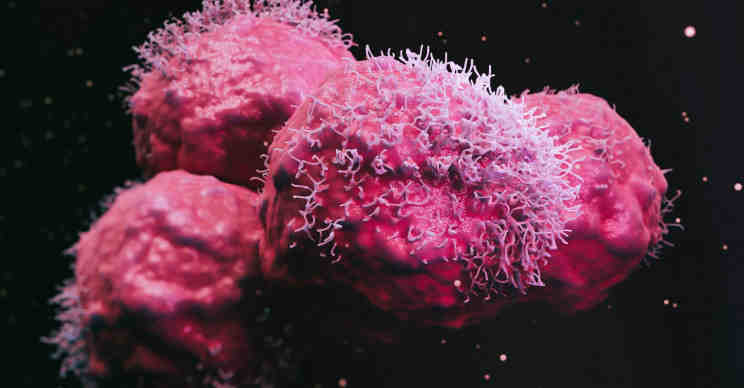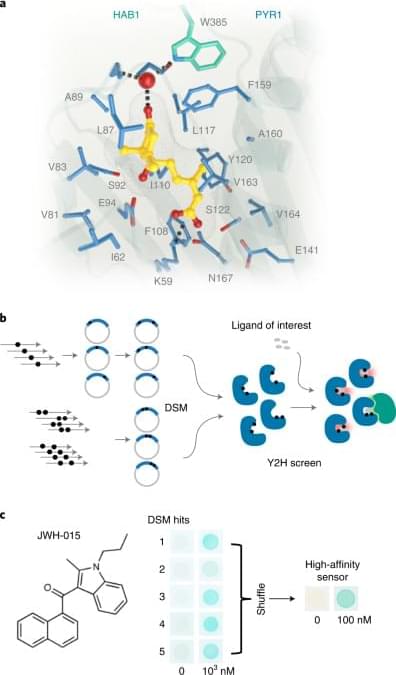The vision didn’t exactly work out. DNA sequences, while capturing extremely powerful genetic information, don’t necessarily translate to indicating how our bodies behave. Genes can turn on or off in different tissues depending on the cell’s need. Reading a DNA sequence for any gene is like parsing the base code of a cell’s internal program. There’s the raw genetic code—the genotype—which determines the phenotype, life’s software that controls how cells behave. Linking the two has taken decades of painstaking experiments, slowly building up an encyclopedia of knowledge that decodes the influence of a gene on biological functions.
A new study ramped up the effort. Led by Drs. Thomas Norman and Jonathan Weissman at Memorial Sloan Kettering Cancer Center in New York and the University of California, San Francisco, respectively, the team built a Rosetta Stone for translating genotypes to phenotypes, with the help of CRISPR.
They went big. Changing gene expression in over 2.5 million human cells, the tech, dubbed Perturb-seq, comprehensively mapped how each genetic perturbation alters the cell. The technology centers around a sort of CRISPR on steroids. Once introduced into cells, Perturb-seq rapidly changes thousands of genes—a brutal shakeup at the genomic scale to see how single cells respond.








